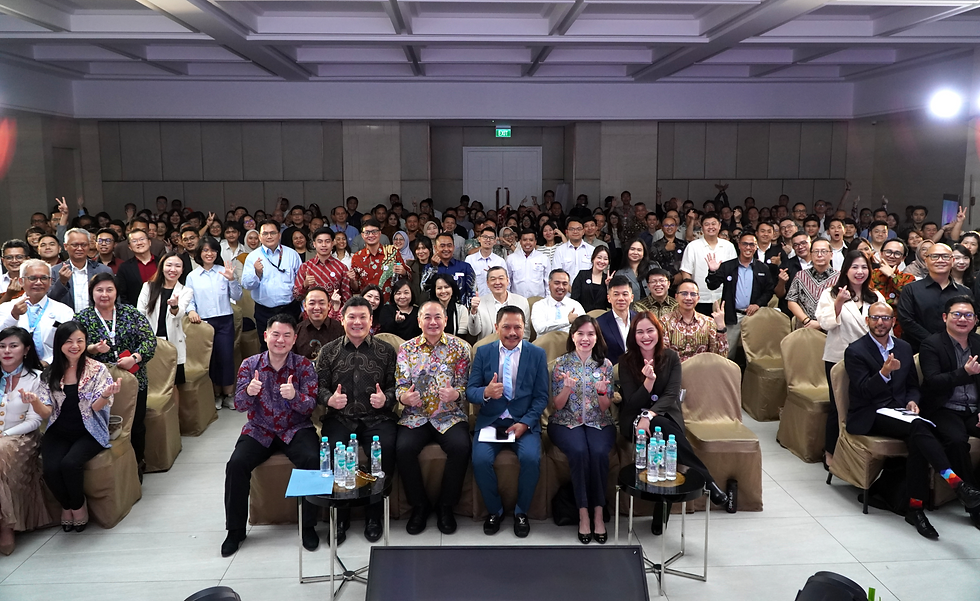Ethical Considerations in AI: What Employees Need to Know
- TechConnect

- Nov 28, 2023
- 2 min read

Picture source: Linkedin
Artificial intelligence (AI) is transforming the modern workplace, offering new opportunities to automate processes and streamline operations. While AI offers many benefits, it also raises important ethical issues that companies must address to use the technology responsibly. By learning basic AI ethical standards, you can better avoid potential bias, maintain privacy standards, and properly regulate the use of AI technology. You'll also gain a deeper understanding of the importance of educating your employees about what AI is and isn't, and learn how to create effective policies for using AI within your company.
AI ethics is an important topic to discuss in the workplace. Here are three common concerns about AI ethics and some tips and techniques to address and alleviate them.
1. Displacement of jobs
For many companies, AI can lead to significant cost savings while reducing human error. For example, AI can help reduce incidents and minimize errors in payment transactions. Some employees are concerned that AI will reduce their bargaining power and employment opportunities in the future. Others say AI could drive down wages, especially for groups of workers specialized in routine tasks in industries that are rapidly automating. While we invent ways to automate jobs, we also need to create space for people to take on more complex and strategic tasks so they can continue to contribute to society as a whole.
2. Accuracy and ownership of AI-generated content
For many companies, AI can lead to significant cost savings while reducing human error. For example, AI can help reduce incidents and minimize errors in payment transactions. Some employees are concerned that AI will reduce their bargaining power and employment opportunities in the future. Others say AI could drive down wages, especially for groups of workers specialized in routine tasks in industries that are rapidly automating. While we invent ways to automate jobs, we also need to create space for people to take on more complex and strategic tasks so they can continue to contribute to society as a whole.
3. AI and privacy
One of the most well-known issues with AI is around privacy and data misuse. As more data is collected and processed, both employees and employers are concerned about the increased risk of unauthorized access to personal data that could lead to data breaches. Cybercrime affects the security of 80% of businesses around the world, and people are becoming more aware than ever that personal data can have devastating consequences if it falls into the wrong hands. Such incidents are al. As new AI technologies continue to evolve, how can this be avoided? At a minimum, companies should take appropriate steps to protect employee privacy and customer information using authentication platforms.
Source: 360learning, Upwork, Case IQ





qq